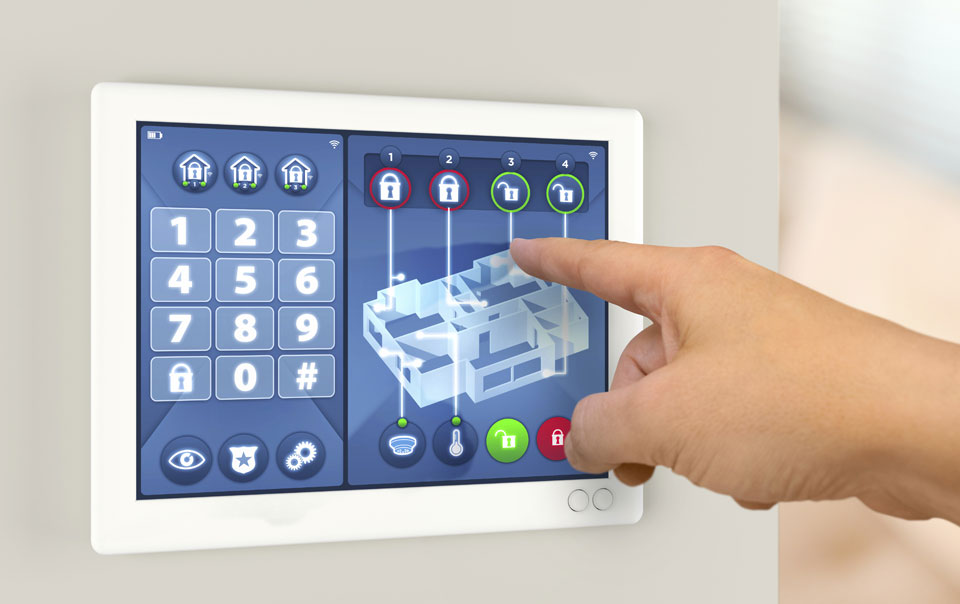
Choosing the right alarm system for your home or business is an important investment in your safety and security. You want to ensure that you choose a company with a solid reputation, fair and straightforward pricing, and advanced technology.
Live here if: You dig nature (there are a million little gorgeous nooks to hide in), rad coffee shops turn you on, and you hope to run into Chris Hemsworth during your next coffee run.
How to Choose an Alarm System?
Before you start shopping around, it’s important to understand the differences in system options. There are various kinds of alarm systems, each with different specifications and serving a specific purpose. To start, you need to determine why you want an alarm system Brisbane on your property.
You also need to consider how much you are willing to spend on the system. There are affordable systems out there, but they may not be as advanced or reliable as more expensive ones. Lastly, you should be aware of what kind of connectivity your alarm system will require. You can find systems that connect through traditional phone lines, broadband, or cellular networks. Cellular systems are considered more reliable because they can’t be cut and transmit signals 4x faster than landline phones.
Wired systems are more traditional and typically include door and window sensors, motion detectors, and glass break sensors. Wireless systems are more modern and can be easier to install. Some systems can even have cameras that provide visual proof of an intruder.
When choosing a home security system, you should consider the cost, installation, customer service, and company history. A good alarm system Gold Coast will help deter criminals and make your home a safer place for you and your family.
Businesses need to consider the security needs of their premises as well. It’s important to find a provider that offers 24/7 monitoring so that if the system is triggered, someone can respond right away. This will reduce the chances of false alarms can be costly for business owners and even lead to police intervention.
Cost
From basic systems with door and window sensors to smart home setups you can control through your phone, prices vary widely. A simple system with two to three window and door sensors, a siren, and an alarm panel can cost as little as $1000 with installation and about $396 per year for monitoring and remote access using a cellular/internet communicator.
Adding extra features, like a panic button, can drive up equipment and installation costs. Also, consider whether your system needs cross-zoning (ask your installer if it does) and how many zones you want to monitor. Cross-zoning means the system can send a signal to the central monitoring station even if a single sensor detects activity. This is a good feature to have if you’re concerned about burglars breaking into different parts of your property at the same time.
It’s best to get quotes from multiple providers and compare detection coverage, equipment costs, and monthly charges. Ask each company how long it takes them to contact the police after a call is received from one of their customers; this can be an important factor in some regions, where local authorities may fine homeowners for false alarms. Finally, make sure the system you choose is certified by Underwriters Laboratory or Factory Mutual. This will ensure your system works properly and meets national standards for quality and safety.
Security Features
A home alarm system can protect against burglary (theft) and property damage, but it can also detect and alert you to other dangerous situations like smoke, fire, carbon monoxide, and medical emergencies. Most burglars are deterred by the sight of a security alarm, so you can rest assured that your family, belongings, and valuables will be safe.
There are many different security systems available, so it’s important to determine what features you want and need for your specific home or business. For example, you might prefer a system that is compatible with smart home automation devices, or one that allows you to monitor and control your alarm from your smartphone.
You should also consider your living situation, such as whether you own or rent your home. This will impact the type of system you choose, as well as how much you spend on it.
You should also choose a provider with 24/7 monitoring services to ensure your safety. This includes responding to threats promptly and deploying emergency response teams in the event of an incident. The most dependable home security systems will incorporate advanced technology, such as wireless connectivity and the ability to sync with other smart home devices. This can simplify your routine and enhance the overall security of your home or business. The best systems will also offer an array of sensors, including door and window sensors, motion sensors, and glass break sensors.
Installation
Many people take precautions to protect their homes and businesses from break-ins. These may include installing alarm systems and smart technology to help prevent crime. However, the selection process can be overwhelming with so many options available. Many factors can influence the decision, including cost and time required. A comprehensive analysis of your home security needs can help you narrow down the choices and choose a system that meets your needs.
The best home alarm systems do much more than just detect intruders and sound a siren to scare off criminals. Some provide instant activity alerts and even feature security CCTV camera Brisbane to capture images of suspicious activity on your property. This can deter crime and allow you to see what’s happening, even when you’re away from your Gold Coast home.
There are also smart alarm systems that are compatible with smart home devices, such as thermostats and lighting fixtures. Some of these even provide energy management features that let you remotely adjust the temperature in your home when you’re on vacation or rushing to get out the door for work. This can prevent wasteful usage and save you money on your energy bill.





